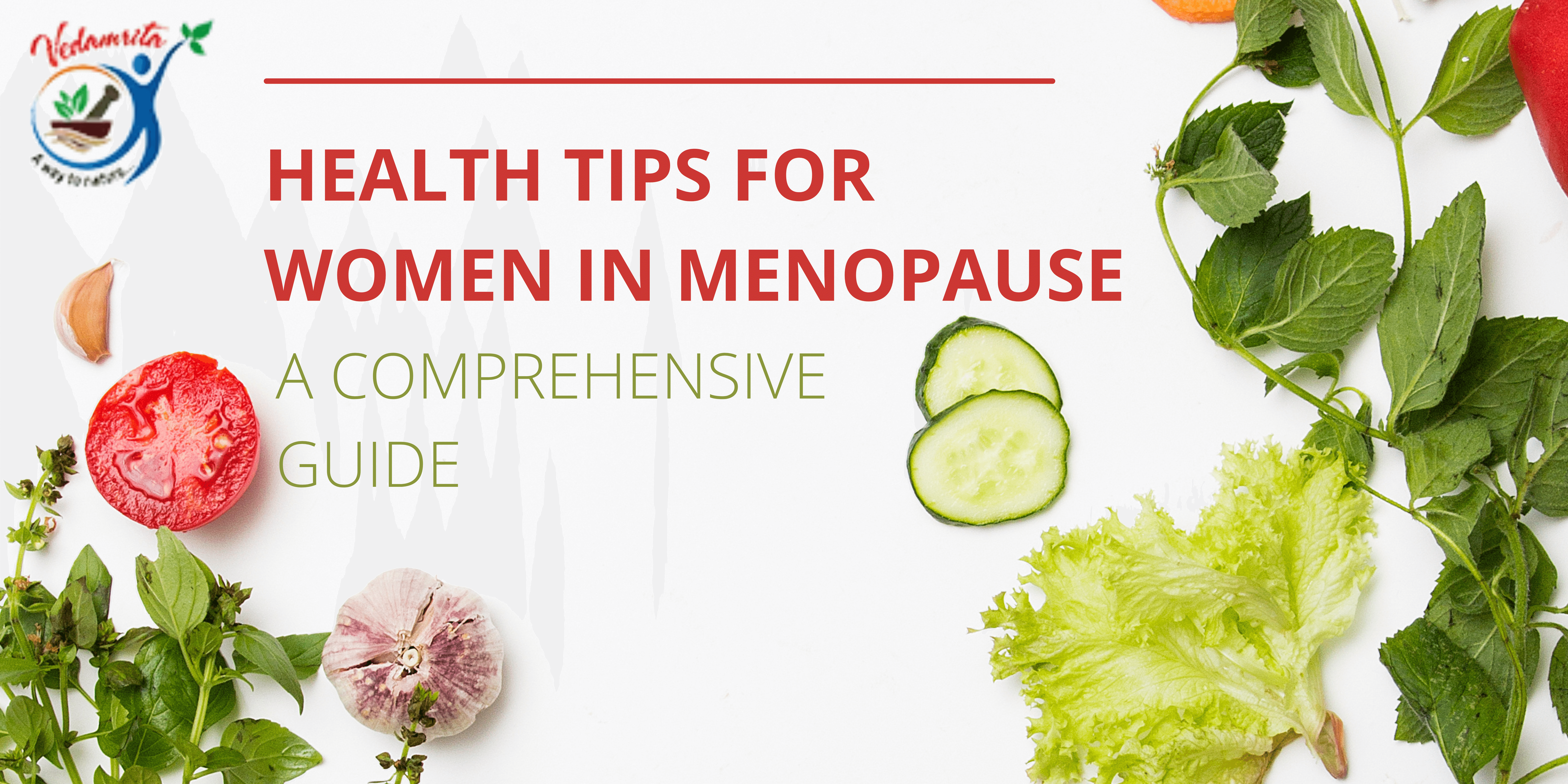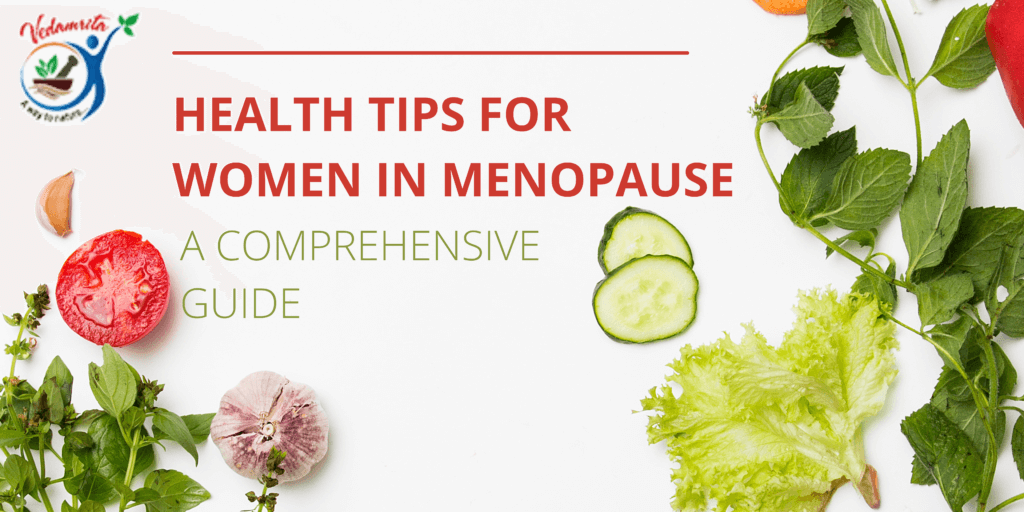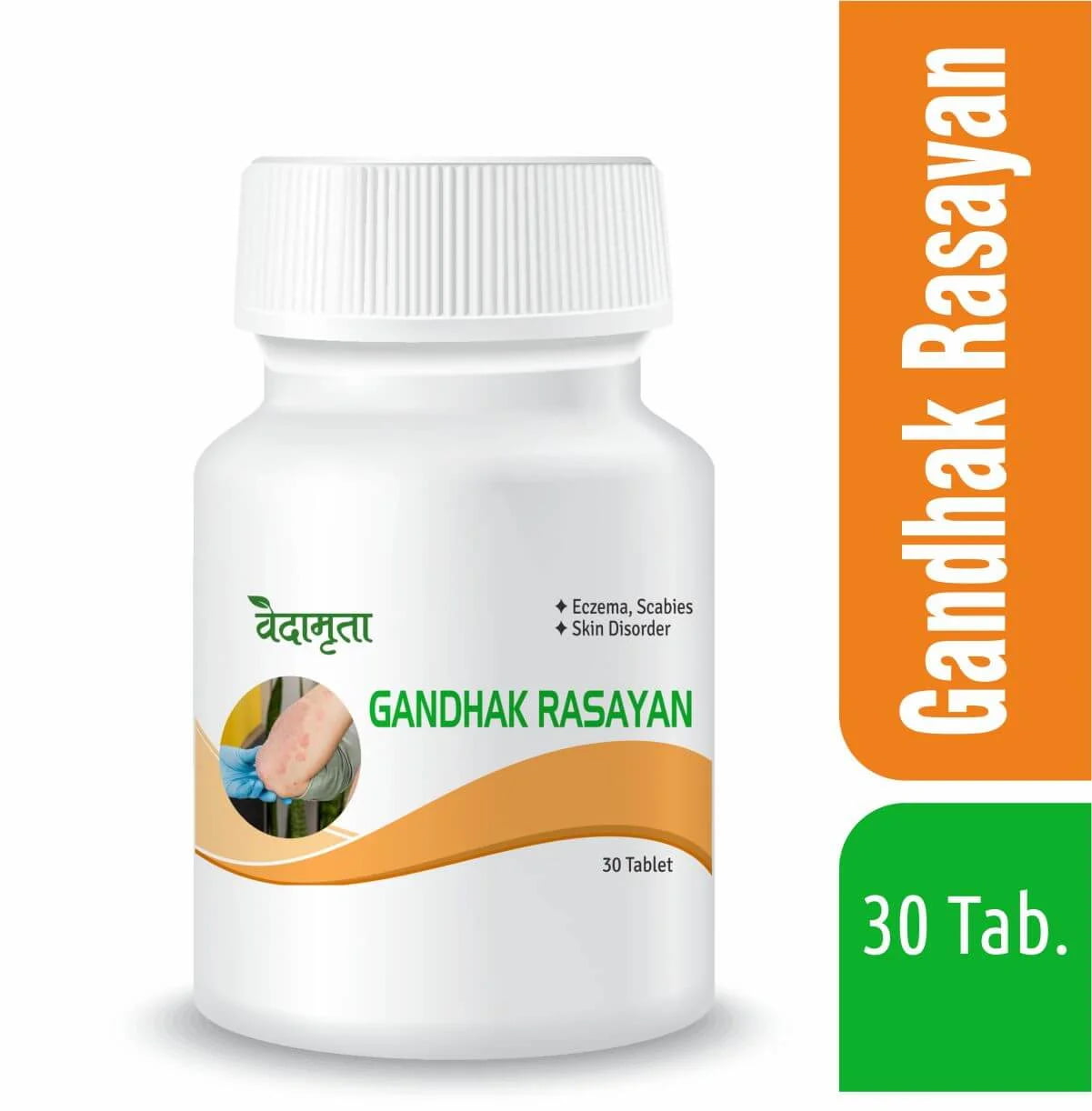


Curious about the best ways to stay healthy and vibrant during menopause? You’re in the right place! Menopause is a natural part of life, and with a few health tips for women in menopause, you can navigate it with ease. We’re here to share practical advice that will help you embrace this new chapter while prioritizing your well-being. Say goodbye to confusion for women in menopause like you. Also, make sure you read this blog till the end for bonus information on health tips for women in menopause.

Before we start with health tips for women in menopause, let us first understand menopause and its stages.
Another concept you should know about before starting with health tips for women in menopause is stages of menopause. Menopause is a significant milestone in a woman’s life that marks the end of her reproductive years. It is a natural biological process that every woman experiences typically between the ages of 45 and 55, although it can occur earlier or later for some individuals. During menopause, the ovaries produce less estrogen and progesterone, leading to the cessation of menstruation.
The stages of menopause include:
This is the transitional phase that occurs before menopause and can last for several years. During perimenopause, hormonal fluctuations can result in irregular menstrual cycles and various physical and emotional symptoms. It is essential for women to recognize this phase as it prepares the body for the eventual transition to menopause.
Menopause is clinically confirmed when a woman has not had a menstrual period for 12 consecutive months. At this stage, the ovaries significantly reduce their hormone production, leading to the end of the menstrual cycle. Menopause is a natural part of aging, but it can bring about various changes and challenges that require careful management.
Postmenopause follows menopause and refers to the years after a woman’s last menstrual period. During this phase, menopausal symptoms may gradually lessen, but it is crucial for women to maintain their health and monitor any new developments in their well-being.
The next thing in health tips for women in menopause guide we will discuss is common symptoms and changes during menopause. Menopause can be a unique experience for every woman, but several common symptoms and changes are associated with this life stage. These may include:
Hot flashes are sudden, intense feelings of warmth that can spread across the body, often accompanied by excessive sweating. Night sweats are hot flashes that occur during sleep and can disrupt a woman’s rest, leading to fatigue and irritability.
As women approach menopause, their menstrual cycles may become irregular. Periods may be shorter, longer, heavier, lighter, or occur at varying intervals. This irregularity is a typical characteristic of perimenopause.
Vaginal Dryness
The decline in estrogen levels during menopause can lead to vaginal dryness and thinning of the vaginal walls. This can cause discomfort during sexual intercourse and may lead to an increased risk of vaginal infections.
Hormonal fluctuations can impact neurotransmitters in the brain, leading to mood swings, irritability, anxiety, and even mild depression in some women.
Menopausal women may experience difficulty falling asleep or staying asleep due to night sweats, hormonal changes, or increased stress and anxiety.
Some women may notice a decrease in their sex drive during menopause, primarily due to hormonal imbalances and vaginal dryness that can make intercourse uncomfortable.
Hormonal changes and aging can slow down metabolism and lead to an increase in abdominal fat. Maintaining a healthy diet and regular exercise can help manage weight during menopause.
Bone Density Changes
Estrogen plays a crucial role in maintaining bone density. As estrogen levels decline during menopause, women are at an increased risk of developing osteoporosis, a condition characterized by weak and brittle bones.
Some women may experience slight memory lapses, difficulty concentrating, or a foggy feeling in their minds during menopause.
As women enter menopause, their bodies undergo significant hormonal changes, which can affect their metabolism, bone health, and overall well-being. Adopting a balanced and nourishing diet during this phase is crucial to support the body’s changing needs and manage menopausal symptoms effectively. Here are some essential nutrition and diet tips in this health tips for women in menopause guide:
Maintaining a balanced diet during menopause is essential to provide the body with the necessary nutrients for optimal health. A well-rounded diet ensures that women get sufficient vitamins, minerals, proteins, and healthy fats. It also helps in managing weight, improving bone density, and reducing the risk of chronic diseases.
To create a balanced diet, focus on incorporating the following elements into your meals:
Opt for whole grains like brown rice, quinoa, oats, and whole wheat bread over refined grains. Whole grains are rich in fiber, which aids digestion and helps manage blood sugar levels.
Include a variety of colorful fruits and vegetables in your diet. They are packed with essential vitamins, minerals, and antioxidants that support overall health and combat free radicals.
Choose lean sources of protein such as fish, poultry, tofu, legumes, and nuts. Protein is crucial for maintaining muscle mass, supporting the immune system, and promoting healthy skin and hair.
Incorporate sources of healthy fats, such as avocados, olive oil, nuts, and seeds. Healthy fats are beneficial for heart health and can also help with hormone regulation.
Menopausal women are at an increased risk of osteoporosis due to declining estrogen levels. Consume calcium-rich foods like dairy products, fortified plant-based milk, and leafy greens. Vitamin D, which aids in calcium absorption, can be obtained from sunlight exposure or supplements.
Stay adequately hydrated by drinking plenty of water throughout the day. Proper hydration supports digestion, regulates body temperature, and maintains skin health.
The next topic to be covered in health tips for women in menopause guide is about food items for managing menopausal symptoms. Including specific superfoods in your diet can help manage menopausal symptoms and support overall health during this transition. These superfoods are nutrient-dense and offer various benefits:
Flaxseeds are rich in lignans, which have estrogen-like properties that may help alleviate hot flashes and night sweats. They are also an excellent source of omega-3 fatty acids, promoting heart health.
Soy contains phytoestrogens, plant compounds that mimic estrogen in the body. Incorporating soy products like tofu and edamame may help reduce menopausal symptoms.
Leafy greens like kale, spinach, and broccoli are high in calcium and other essential nutrients. They support bone health and help maintain a healthy weight.
Berries are packed with antioxidants, which help combat oxidative stress and inflammation. They also provide essential vitamins and fiber.
Yogurt contains probiotics that support gut health and boost the immune system. It is also a good source of calcium and protein.
Fatty fish like salmon and sardines are rich in omega-3 fatty acids, which have anti-inflammatory properties and support heart health.
While focusing on healthy foods, it’s also essential to limit or avoid certain items that may exacerbate menopausal symptoms or impact overall health negatively. Let us know more about it in this health tips for women in menopause guide.
Processed foods, high in added sugars, unhealthy fats, and preservatives, can lead to weight gain and inflammation. Limiting processed foods is beneficial for managing menopausal symptoms and maintaining a healthy weight.
Excessive consumption of caffeine and alcohol can disrupt sleep and exacerbate mood swings. Limiting their intake can improve sleep quality and overall well-being.
Sodium-Rich Foods
High sodium intake can contribute to water retention and bloating. Reducing salt in your diet is beneficial for heart health and managing blood pressure.
Sugary snacks and sodas cause rapid spikes and drops in blood sugar levels, leading to energy crashes and weight gain. Opt for healthier snack options like fruits, nuts, or yogurt.
Spicy foods can trigger hot flashes and exacerbate existing menopausal symptoms in some women. Pay attention to how your body reacts to spicy foods and adjust your intake accordingly.
By adopting a balanced diet and incorporating these superfoods while avoiding harmful items, women in menopause can support their overall health, manage symptoms more effectively, and promote a smoother transition through this natural phase of life. Remember to consult with a healthcare professional or a registered dietitian for personalized dietary advice based on individual health needs and goals.
Menopause is a transformative phase that brings about various changes in a woman’s body, including fluctuations in hormone levels and metabolism. Regular exercise and physical activity play a crucial role in promoting overall health and well-being during this life stage. Engaging in suitable exercises can help manage menopausal symptoms, improve mood, strengthen bones, and maintain a healthy weight.
In this section of health tips for women in menopause guide, know more about benefits of regular exercise during Menopause.
As estrogen levels decline during menopause, the risk of osteoporosis and bone loss increases. Weight-bearing exercises, such as walking, jogging, and resistance training, can help maintain bone density and reduce the risk of fractures.
Hormonal changes during menopause can lead to weight gain, especially around the abdominal area. Regular exercise helps burn calories, build lean muscle mass, and maintain a healthy weight.
Menopausal women may face an increased risk of cardiovascular issues due to hormonal changes and age-related factors. Cardiovascular exercises, like swimming, cycling, and dancing, can improve heart health and lower the risk of heart disease.
Exercise triggers the release of endorphins, which are natural mood boosters. Regular physical activity can reduce stress, anxiety, and feelings of depression, promoting emotional well-being during menopause.
Menopausal women often struggle with sleep disturbances. Engaging in regular physical activity can help improve sleep quality and reduce insomnia.
Next section in this health tips for women in menopause includes suitable exercises for menopausal women. They can benefit from a diverse range of exercises that accommodate their changing bodies and preferences. Some suitable exercises include:
Walking is a low-impact aerobic exercise that is easy to incorporate into daily routines. It is gentle on the joints and provides cardiovascular benefits.
Yoga combines gentle stretching, strength-building poses, and mindfulness. It can help improve flexibility, balance, and reduce stress.
Pilates focuses on core strength, flexibility, and posture. It can be especially beneficial for women looking to strengthen their abdominal and back muscles.
Swimming is a full-body, low-impact exercise that is gentle on the joints and offers cardiovascular benefits.
Strength training with resistance bands, dumbbells, or bodyweight exercises helps maintain muscle mass, support bone health, and boost metabolism.
Cycling, whether on a stationary bike or outdoors, provides an excellent cardiovascular workout while being easy on the joints.
Before starting any exercise routine, it’s essential for menopausal women to consider the following:
Before starting a new exercise program, consult with a healthcare provider, especially if you have any pre-existing health conditions.
If you are new to exercise or have been inactive for a while, start with low-intensity activities and gradually increase the intensity and duration over time.
Incorporate a variety of exercises into your routine to engage different muscle groups and prevent boredom.
Always warm up with some light stretching or gentle movements before exercising and cool down afterward to prevent injury.
Pay attention to how your body feels during and after exercise. If something feels uncomfortable or painful, modify the activity or stop and consult a professional.
Drink plenty of water before, during, and after exercise to stay hydrated, especially if engaging in activities that cause sweating.

Along with health tips for women in menopause, you can also go for this exclusive Ayurvedic product specially made for women health. Let us know more.
We are excited to present Vedamrita Nari Sanjivani – a special Ayurvedic product designed just for women’s health. At Vedamrita, we know how busy life can be, and we want to support women in feeling their best every day.
Vedamrita Nari Sanjivani is made with natural herbs carefully chosen from Ayurvedic wisdom. This powerful blend helps with common women’s health issues and provides an energy boost to keep up with life’s demands.
Our product helps balance hormones, increases energy levels, and eases menopausal symptoms, making this phase of life more comfortable. We believe in a holistic approach to health, and Vedamrita Nari Sanjivani embodies that idea perfectly.
Try the goodness of Ayurveda and experience the positive changes in your health with Vedamrita Nari Sanjivani. Embrace wellness and vitality today!
To get Vedamrita Nari Sanjivani for yourself, visit Nari Sanjivani by Vedamrita and take the first step towards better women’s health. Let Ayurveda empower you on your journey to a healthier and happier life!
In conclusion, as women go through the transformative phase of menopause, prioritizing health and well-being becomes paramount. All these health tips for women in menopause such as embracing a balanced diet with superfoods, staying physically active through suitable exercises, and considering natural solutions like Vedamrita Nari Sanjivani can make a significant difference. Nari Sanjivani, an Ayurvedic formulation by Vedamrita, is specially designed to address common gynecological issues and provide increased energy levels for women in their hectic daily lives. By incorporating these health tips and embracing holistic approaches, women can navigate menopause with confidence and embrace this new chapter of life with vitality and grace. Let Ayurveda empower you on this journey to optimal health and a fulfilling life.
We hope that this blog on health tips for women in menopause has been helpful and valuable for you. If you have any reviews or questions about the article, feel free to leave a comment below. We will be more than happy to respond.
You must be logged in to post a comment.


